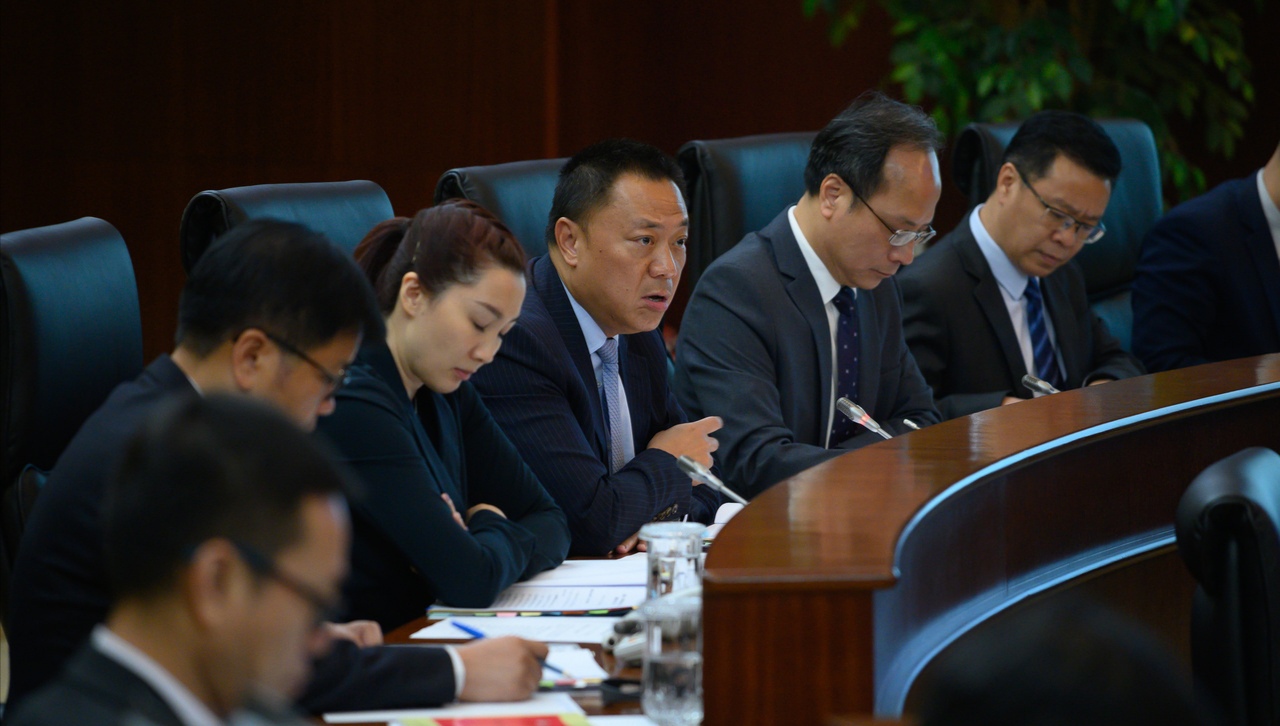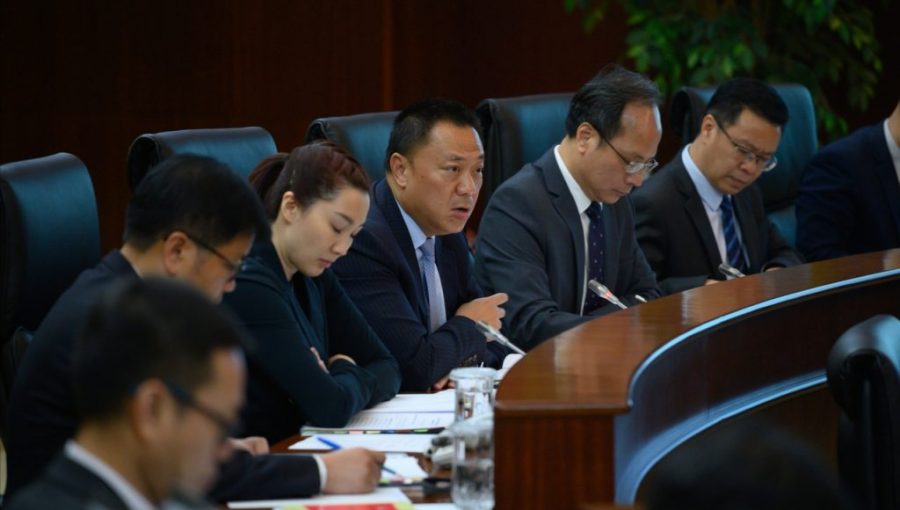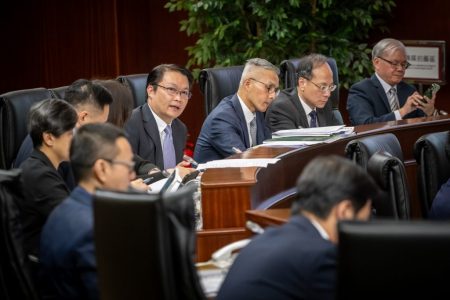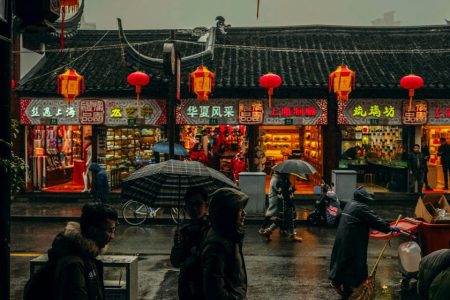The Legislative Assembly (AL) on Wednesday passed a government-initiated bill which will enable Macau to implement the Kimberley Process Certification Scheme (KPCS), which then will allow the city to formally engage in the international trade in rough diamonds in line with international standards.
The bill will take effect on October 1.
The bill’s outline was passed during a plenary session of the legislature in April. The legislature’s Second Standing Committee held four meetings to review the bill, which aims to help Macau develop a rough diamond trade sector.
Secretary for Economy and Finance Lionel Leong Vai Tac and Economic Services Bureau (DSE) Director Tai Kin Ip attended Wednesday’s plenary session when the bill was voted on article-by-article in its final reading.
According to the Kimberley Process Certification Scheme official website, the Kimberley Process Certification Scheme is the process established and implemented in 2003 to prevent “conflict diamonds” from entering the mainstream rough diamond market, based on UN General Assembly Resolution 55/56. The process was set up to ensure that diamond purchases are not financing violence by rebel movements and their allies seeking to undermine legitimate governments.
According to the official website, in order for a country or region to be a member of the scheme, it must ensure that any imported rough diamond was not used to finance a rebel group or other entity seeking to overthrow a UN-recognised government, and that no rough diamond is imported from, or exported to, a non-member of the scheme.
According to the official website, under the scheme, every rough diamond export must be accompanied by a Kimberley Process certificate issued by the government entity tasked with supervising the trade of the exporting country or region. Under the scheme, the government of the country or region importing rough diamonds must verify each Kimberley Process certificate first before allowing their import.
China has been a member of the Kimberley Process Certification Scheme since 2003. In October last year, the local government signed an agreement with the General Administration of Customs in Beijing to support Macau in implementing the Kimberley Process Certification Scheme. Hong Kong has implemented the scheme since 2003.
When introducing the bill’s outline in April’s plenum, Leong noted that only states can be members of the Kimberley Process Certification Scheme so that the Macau Special Administrative Region’s (MSAR) participation in the scheme has to be made through an application by the central government. Leong said during April’s plenum that during a plenary meeting of the Kimberley Process in November last year, the central government informed the meeting that Macau would implement the Kimberley Process Certification Scheme on October 1, 2019.
During Wednesday’s plenary session, Tai noted that there are currently 55 members in the Kimberley Process Certification Scheme – representing 82 countries with the European Union (EU) and its 28 member states counting as a single participant. Tai also said that the list of the Kimberley Process Certification Scheme members will be promulgated by an executive order issued by the chief executive in Macau’s Official Gazette (BO) in due course.
Certification requirement
According to the bill passed on Wednesday, rough diamonds imported by Macau from a particular country or region must be accompanied by a certificate issued by that country or region’s external trade authorities. Rough diamonds exported by Macau must be accompanied by a certificate issued by the Economic Services Bureau. Such a certificate is a document proving that the exports of the rough diamonds meet the Kimberley Process’s requirements, according to the law.
According to the law, any businessperson in Macau engaging in the import, export, intermediary trade, sale and transport of rough diamonds must obtain a licence from the Economic Services Bureau (DSE). Each licence is valid for two years and can be renewed.
Ban on trading with non-members
The new law states that rough diamonds are prohibited from being imported from a non-member of the Kimberley Process Certification Scheme into Macau, and from being exported by Macau to a non-member of the scheme.
According to the bill, the Economic Services Bureau will be tasked with conducting the process of verifying rough diamonds with the assistance of the Macau Customs Service.
During Wednesday’s plenum, Leong said that the Macau government signed an agreement with the Shanghai Diamond Exchange one year ago for a diamond exchange centre to be set up in Macau.
According to the Macau Post Daily, Leong said that the future establishment of a diamond exchange centre in Macau would help the city develop a diamond-related sector, such as diamond processing (cutting and polishing) and diamond design.




